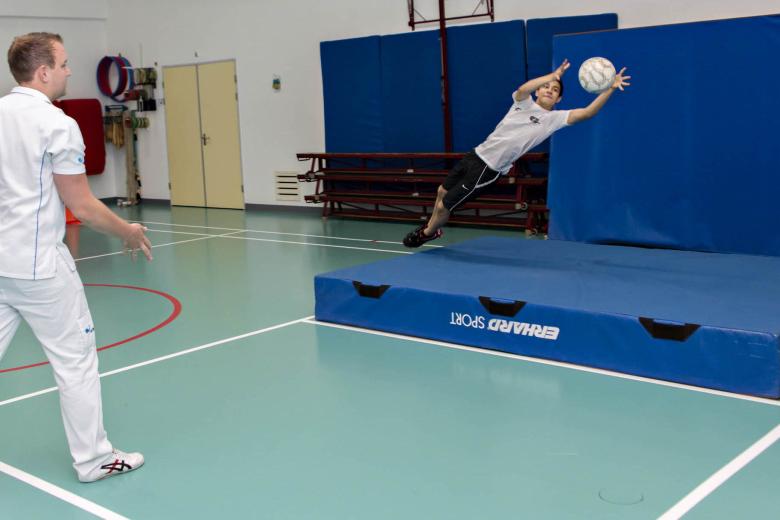Research at FHML
The healthcare of the future focuses not only on patients, but also on individuals who are at risk of developing certain diseases. That is why the Faculty of Health, Medicine and Life Sciences (FHML) primarily focuses on research on health, health risks, and disease prevention. Researchers study the entire continuum from health to illness. This integrated approach to healthcare is characteristic of the research and education at FHML.
The multidisciplinary research conducted by FHML focuses on a range of themes or research programs that are carried out in close collaboration with the hospital (the faculty and the hospital together form Maastricht UMC+) and other faculties of Maastricht University. The research programs are housed within eight institutes.
Science Stories
Research & Impact
On this page, we share stories from FHML/MUMC+ that showcase the (potential) impact of our research. Interested in featuring your research here? Send an email to the science editorial team.
Let it flow: What flowing blood tells us about blood clotting
Amaury Monard uses the Maastricht Flow Chamber to visualise blood clotting to see more precisely where things go wrong in patients.

Marieke Spreeuwenberg: Healthcare will always remain human
How can healthcare become future-proof without losing its human touch? Marieke Spreeuwenberg (CAPHRI) on digital innovation, AI and inclusion in care.
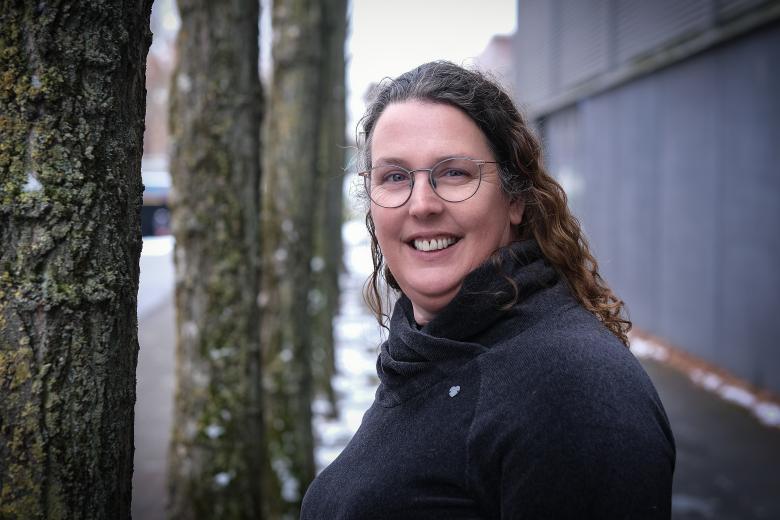
Reconnecting the brain and body: how to control devices with your thoughts
Can you control a robotic arm with your thoughts? Paul Weger (MHeNs) studies this to give back independence to patients with neurological conditions.
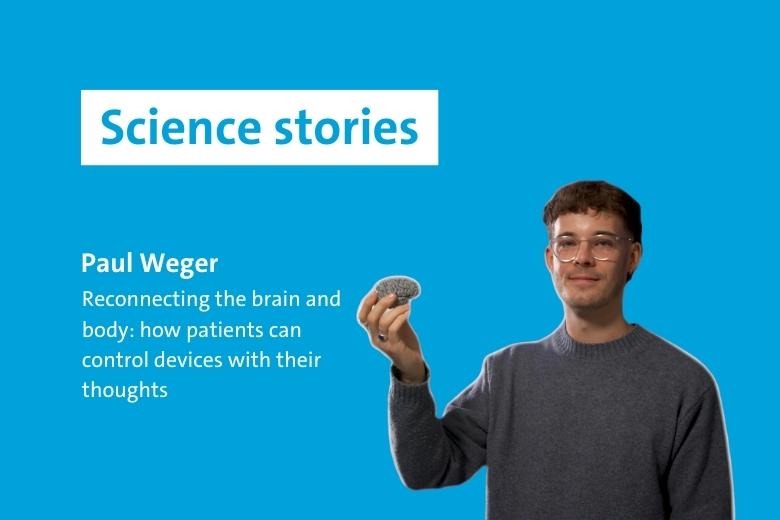
Jeroen Hendriks: first professor of Nursing Sciences at MUMC+ in a long time
Jeroen Hendriks (CAPHRI) has been Professor of Nursing Science since last year and will deliver his inaugural lecture on 4 December 2025.
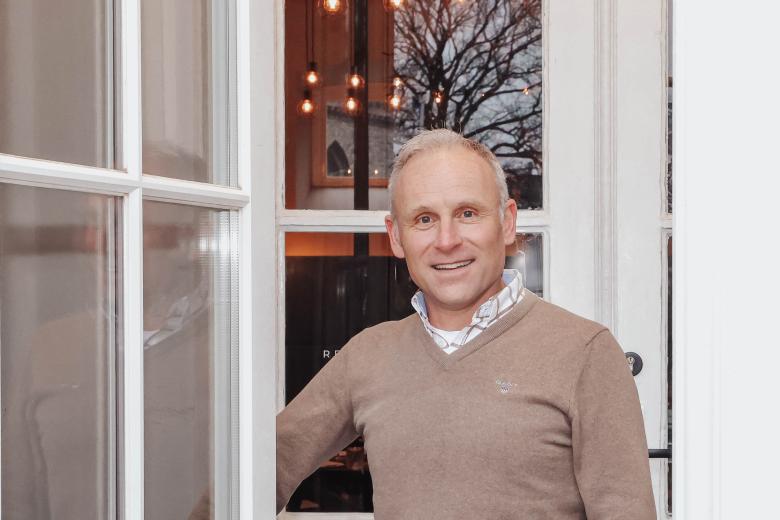
Every breath you take: the impact of micro- and nanoplastics on lung health
Irene Gosselink, PhD from the NUTRIM department Pharmacology & Toxicology, researches the impact of micro- and nanoplastics on our respiratory system.

Deep brain stimulation safe and feasible for severe tinnitus
Four patients have been treated with DBS. Lead researcher Mark Janssen discusses the results and the next steps.

First patient with rare muscle disease treated with own stem cells
Bert Smeets and his team investigate whether stem cell therapy can help patients to improve muscle weakness.
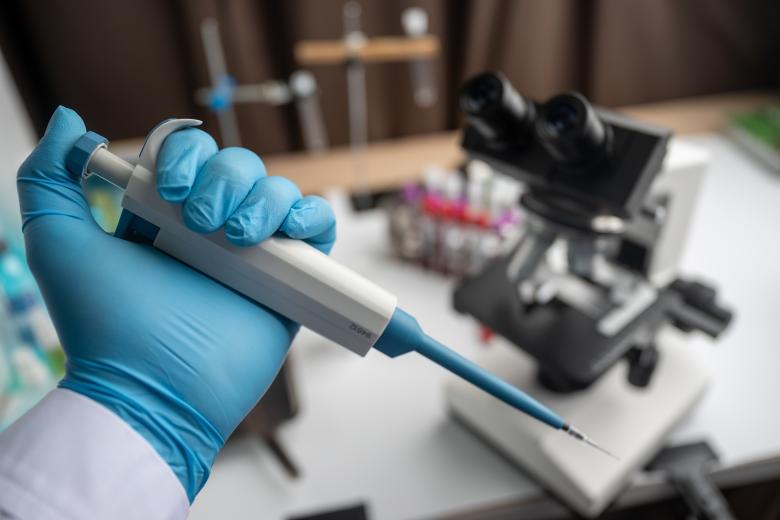
Searching for a new treatment for Parkinson’s disease
The limited treatment options for Parkinson's motivate Meagan Hannemann to look for new ones.
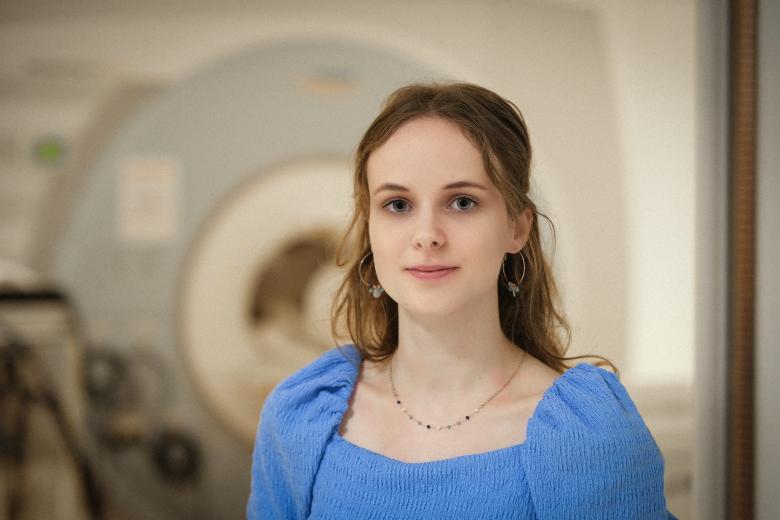
Early and reliable asthma diagnosis in young children
What can exhaled air tell us about asthma in young children? Edward Dompeling explains his research in this video.

Assessment is beautiful
While the Dutch word for assessment (toetsen) often carries a negative connotation, Desirée Joosten-ten Brinke sees it as something quite beautiful.
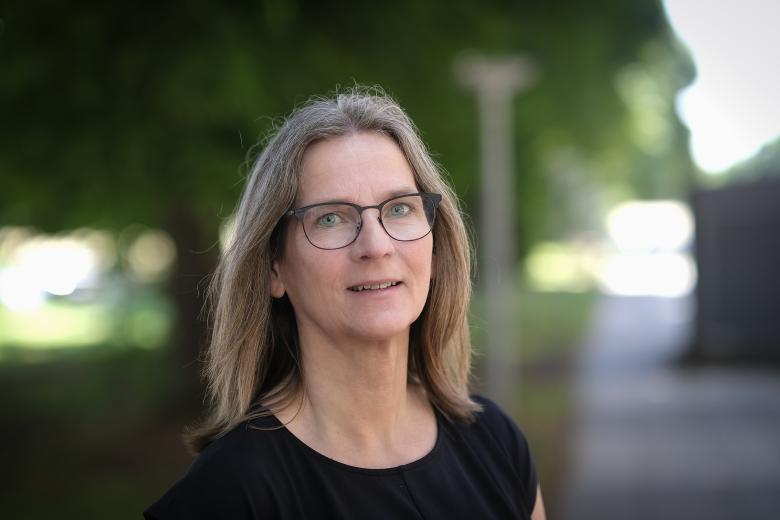
Invisible protectors: how bacteria from nature can prevent allergies
In this video, Niels van Best explains his research on how bacteria from nature can strengthen the immune system of young infants.
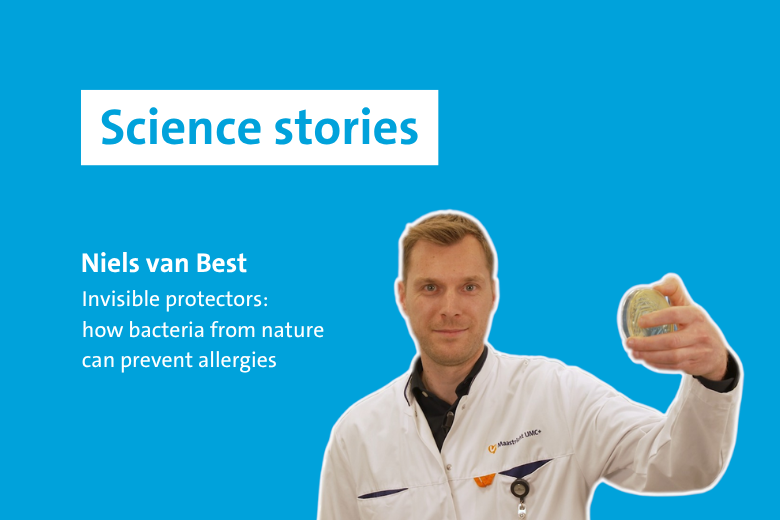
The spin doctor: resonance between imaging and health
Jeanine Prompers (NUTRIM) discusses how visualising metabolism at the organ level helps tremendously in prevention and personalizing health care.
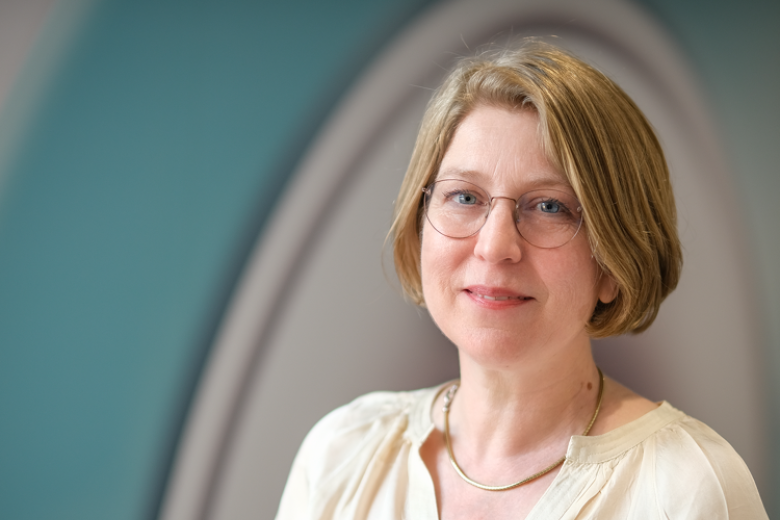
A new outlook on rehabilitation care
Ivan Huijnen (CAPHRI) aims to shift from the biomedical 'disorder-focused' thinking to an integral view on healthcare.

What do everyday substances do to our health?
In this video, Stefan Giselbrecht (MERLN) explains how he creates mini thyroids to examine which substances may impact our health.
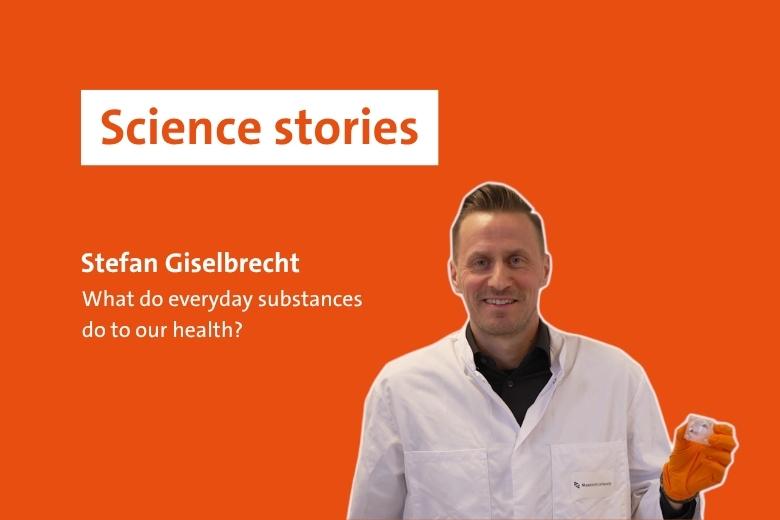
Interprofessional collaboration and learning in primary care
Loes van Bokhoven (CAPHRI) aims to improve care in GP practices and contribute to the personnel challenges in the region.
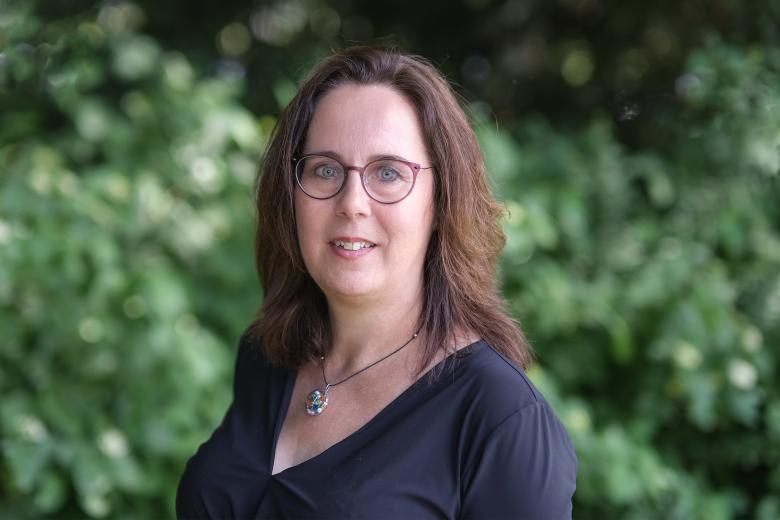
Mimic the true nature of tissues by building complex in vitro models
Paul Wieringa (MERLN) works on innovative models to study endometriosis and the fallopian tube.
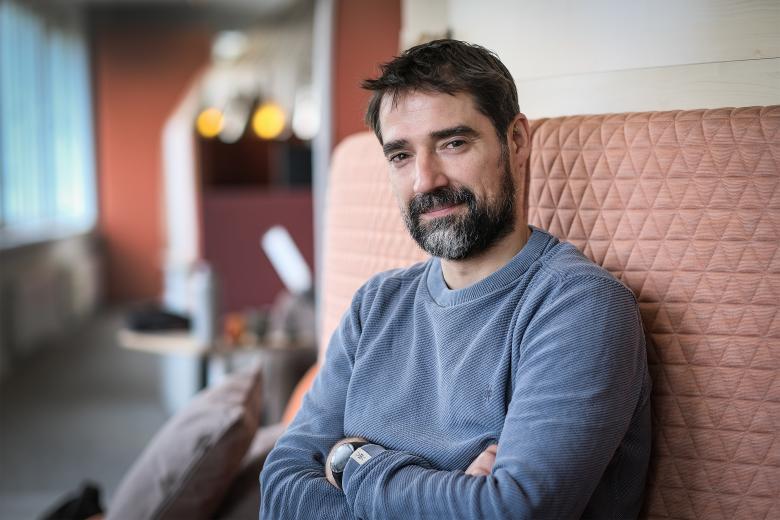
We make a healthy society together
Matty Crone researches the interplay between prevention, the neighbourhood, government, and care.
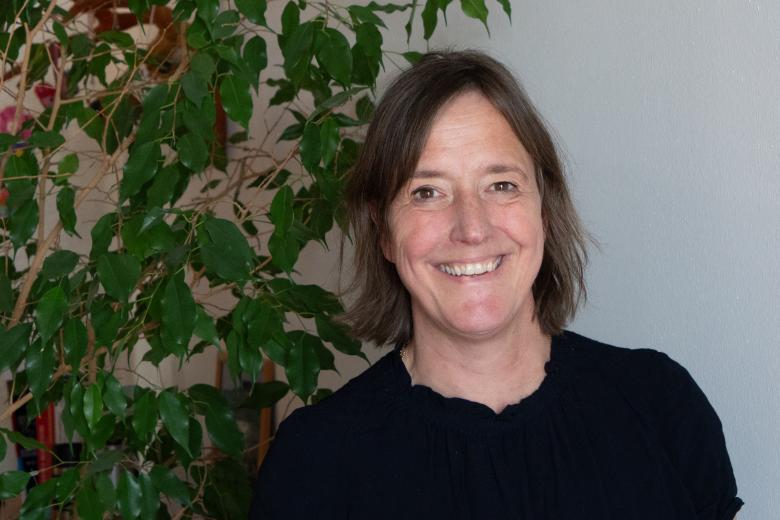
The alarming rise of prediabetes – high time for prevention
Miranda Schram (CARIM, MHeNs) researches prediabetes, which precedes diabetes type 2.
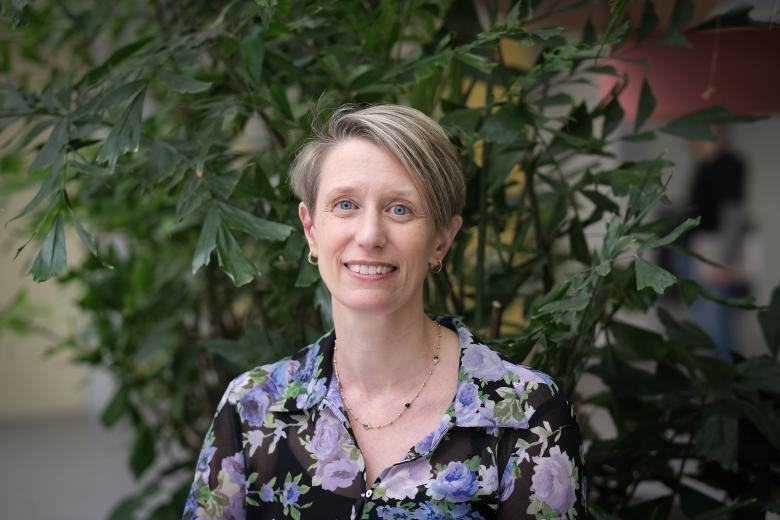
Improving care for people with 22q11 deletion syndrome
Psychologist and assistant professor Claudia Vingerhoets (MHeNs) studies people with the rare genetic disorder 22q11.
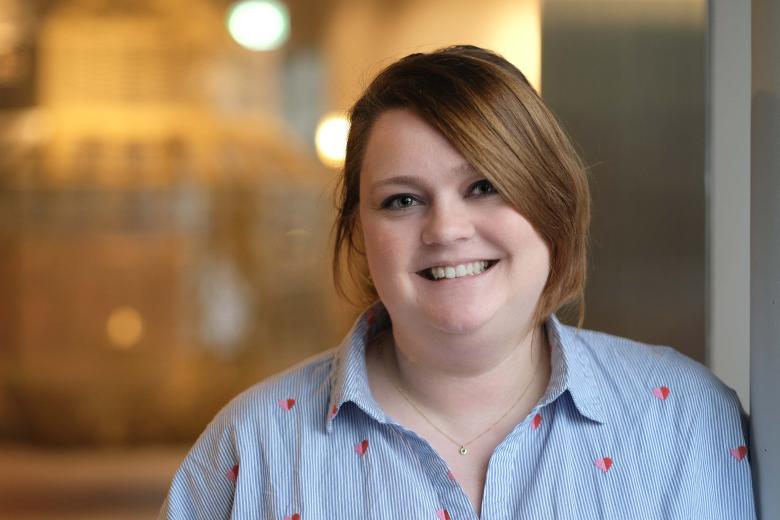
Understanding the beginning: how does an embryo really implant?
Ron van Golde collaborates with researchers to improve IVF care. Specifically, he investigates how embryos implant in the uterine wall.
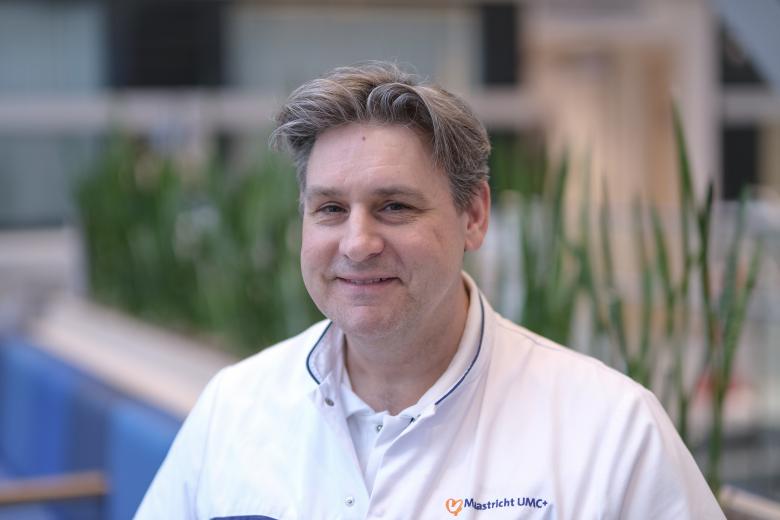
Imitating nature: studying ticks for cardiovascular diseases
Ingrid Dijkgraaf (CARIM) explains her research on ticks, and how substances they make can be useful in studying cardiovascular diseases.
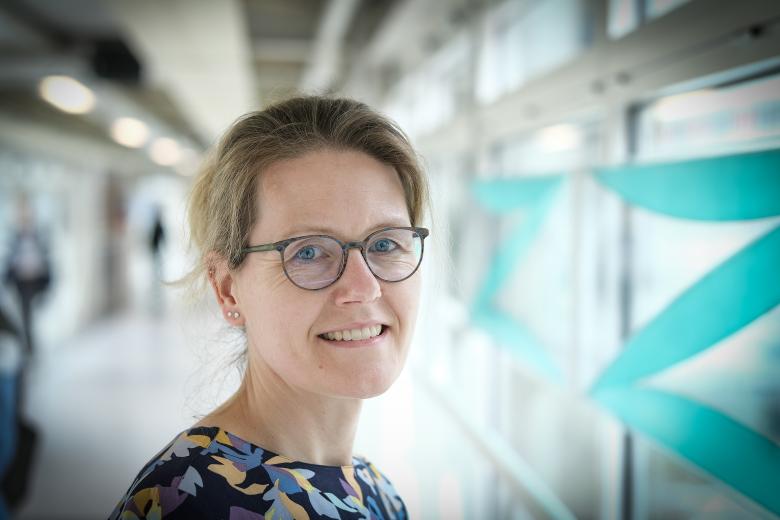
Cooperation across borders: the value of a biodiverse world
At NUTRIM, John Penders researches the role of gut bacteria in various diseases. The gut microbiome can serve as the key to better health.
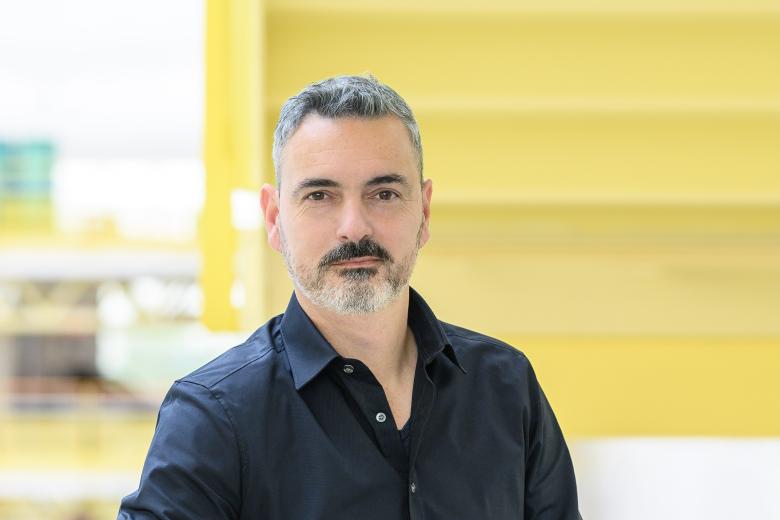
Bacteria are becoming less responsive to antibiotics: technological innovation is crucial
Chris Arts and Christel Kuik explain their research on antibiotic resistance within the national NWA DARTBAC consortium.
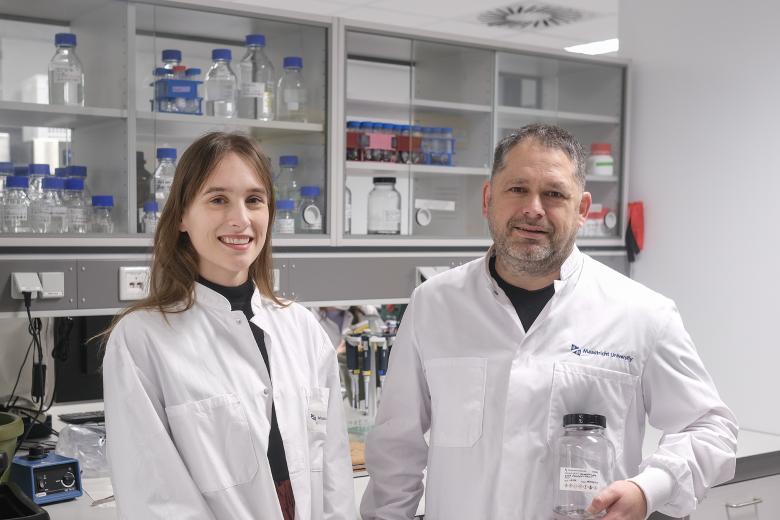
About moon landings and building bridges
Vascular surgeon Barend Mees (CARIM) delivered his inaugural lecture about vascular regenerative medicine, building bridges and big dreams.
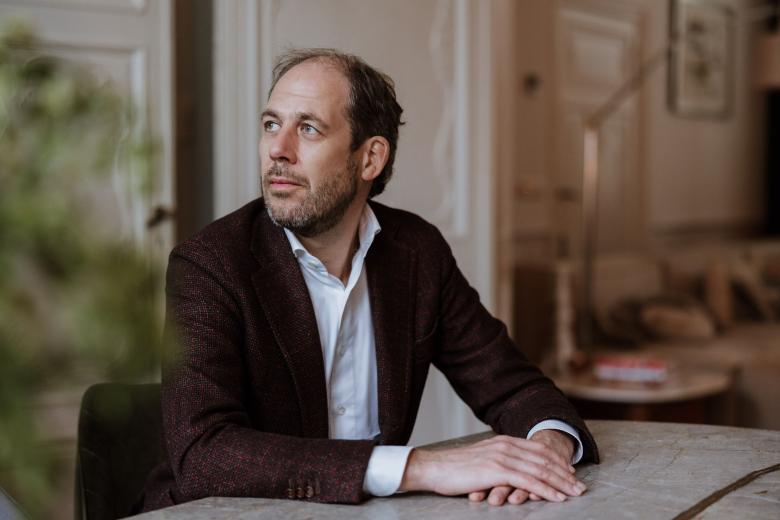
The role of our 'second brain' in colorectal cancer
What role do nerve cells play in colorectal cancer? In this Science Story, Veerle Melotte explains her research.
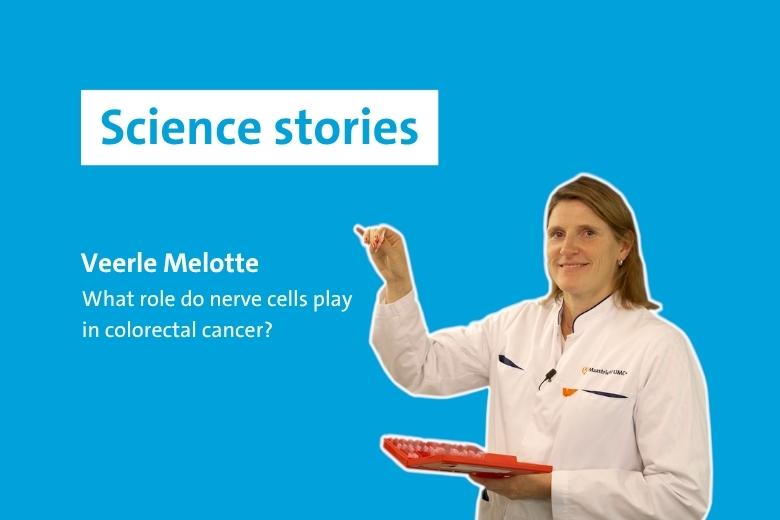
Quicker clarity on embryo selection for prospective parents with inherited heart conditions
With a new decision model from researchers at GROW within MUMC+, these prospective parents know more quickly if they qualify for embryo selection.
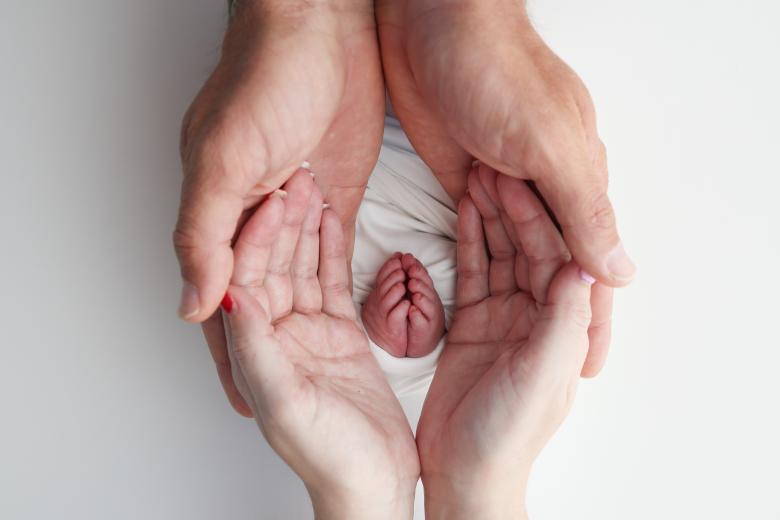
Faster heart rhythm as possible treatment for heart failure
Researchers from CARIM and MUMC+ discovered a potential new treatment option for patients with diastolic heart failure and atrial fibrillation.
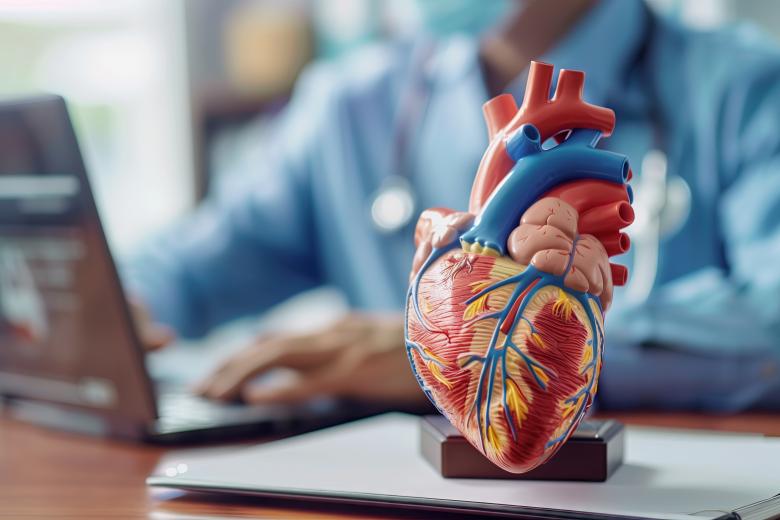
New technique measures live activity of gut bacteria
Researchers at NUTRIM within MUMC+ can measure the activity of gut bacteria by mapping the gases they produce.
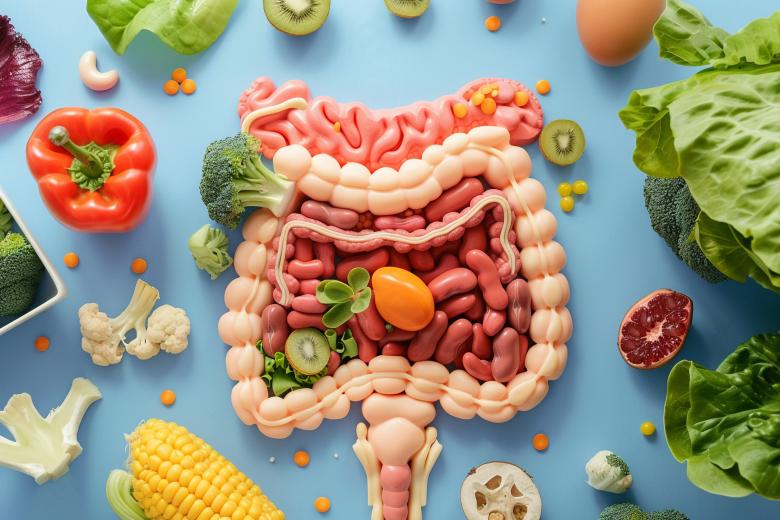
Digital twins of the heart: filling in the missing puzzle pieces
Can digital twins of the heart provide personalized care for heart disease patients? In this Science Story, Nick van Osta explains his research.
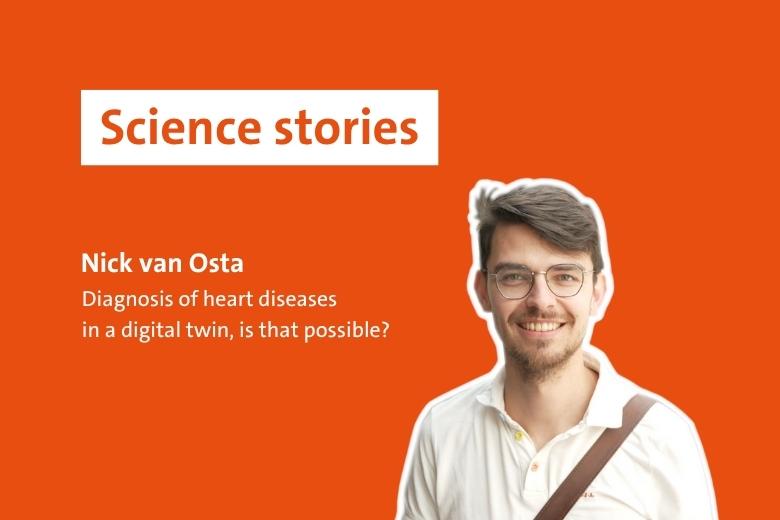
A healthy weight, yet cardiovascular disease
Systems biologist Femke Smit is investigating the relationship between weight and health and is making some surprising discoveries.
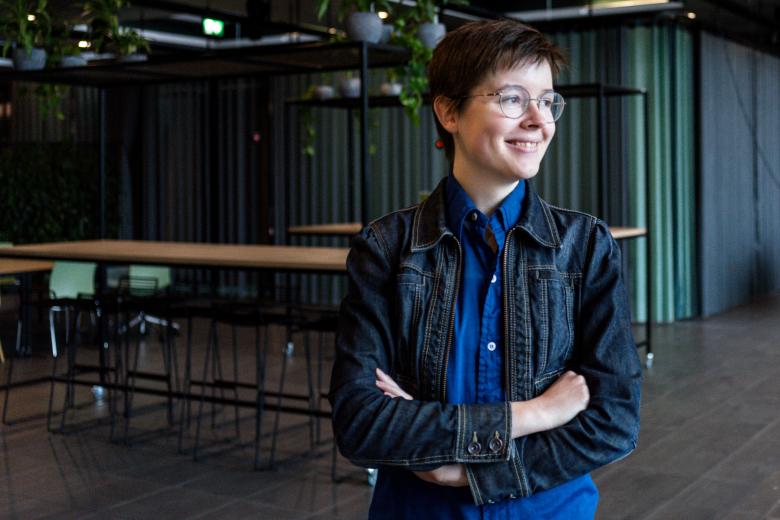
Navigating the airways with virtual lungs
Does practicing on virtual lungs help pulmonology trainees to properly navigate the airways? In this Science Story, Eveline Gerretsen explains her research on this.
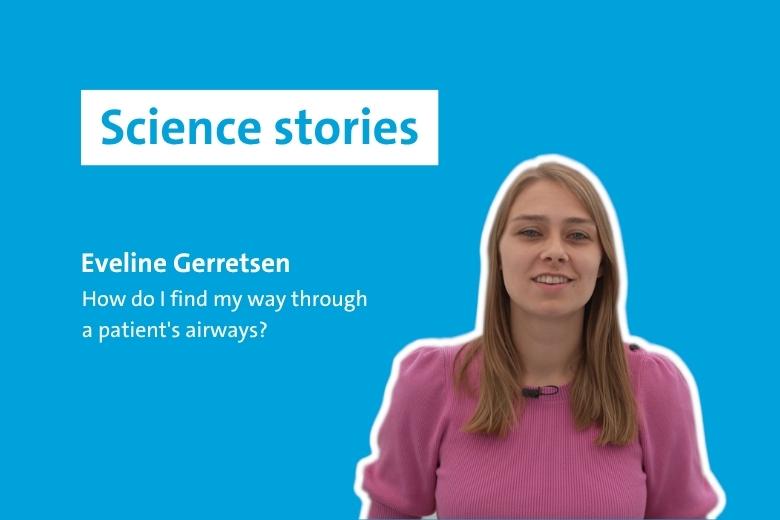
Obesity: Look beyond body weight
Professor Gijs Goossens, Professor of Cardiometabolic Physiology of Obesity, highlights the crucial role adipose tissue plays in our metabolism and overall health. The more we understand about this complex chronic condition, the better we can address the associated health risks, such as type 2 diabetes and cardiovascular disease.
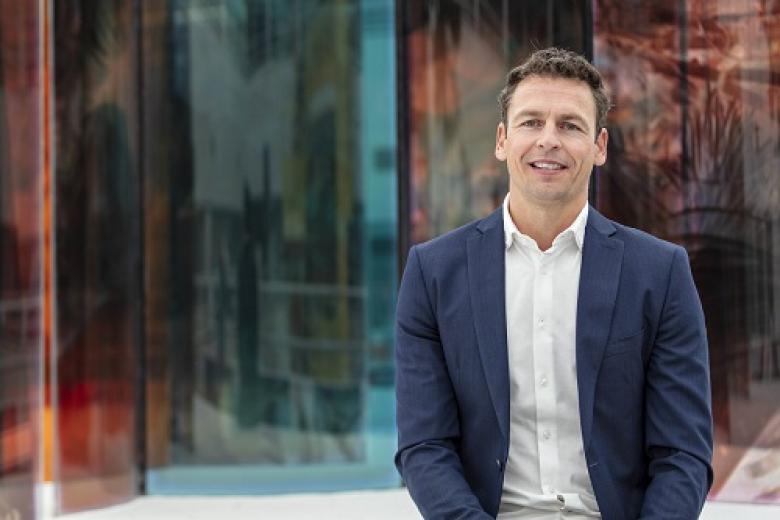
Huntington’s is a disease you don't carry alone
Movement disorders neurologist Mayke Oosterloo guides and treats patients (and their loved ones) with Huntington's disease. "They know a terrible fate awaits them, but they often bear this with such dignity. I have a lot of respect for that.”
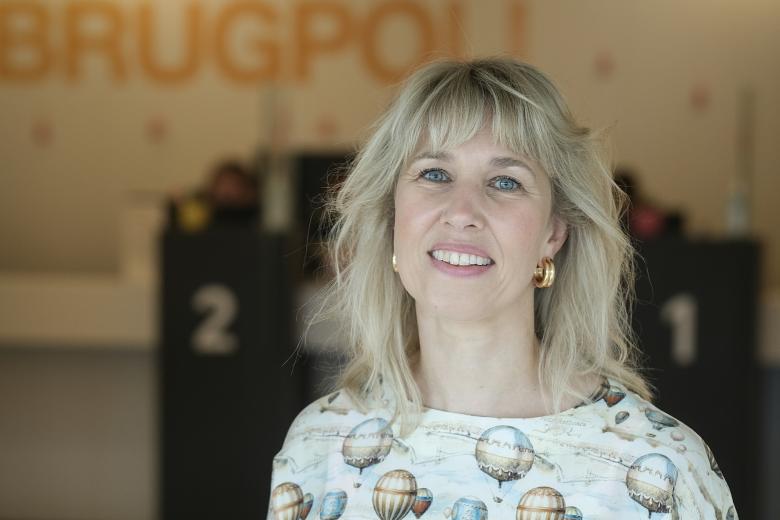
Trauma-free care for sick children
According to pediatric intensivist Piet Leroy, comfort and trust are just as important as the medical treatment itself. Therefore, he is researching how healthcare providers can offer trauma-free care and how they can learn to apply comfort care.
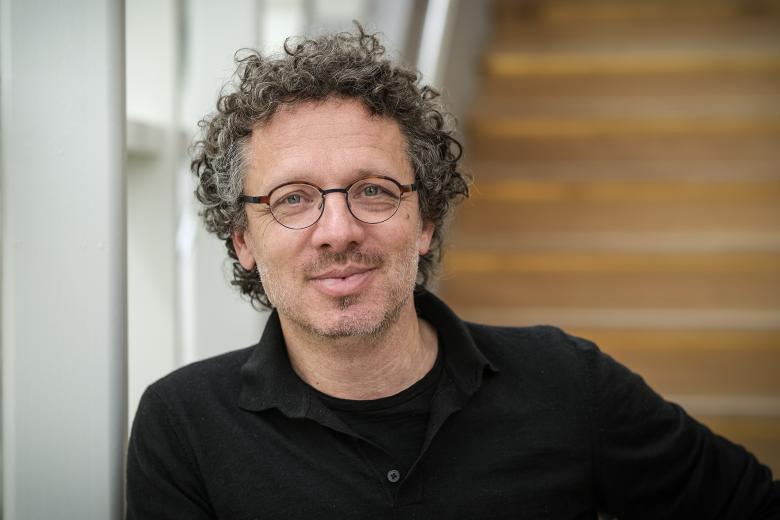
Gaining insight into motivation: the driving force behind all our behavior
Neuroscientist Dennis Hernaus (MHeNS) investigates the reward system in our brain. How does this ‘brain network’ ensure that we become motivated?
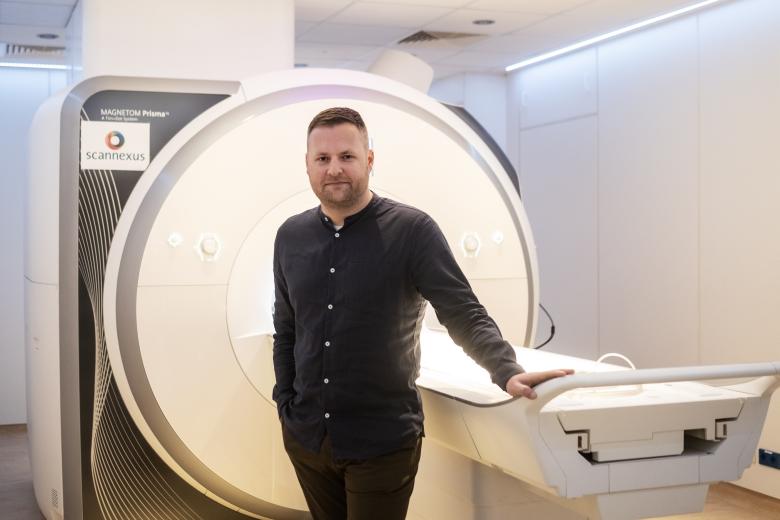
Learning to collaborate in healthcare
To ensure patient safety, it is important that all care providers collaborate well, but this is easier said than done. Collaborating in healthcare is something you need to learn!
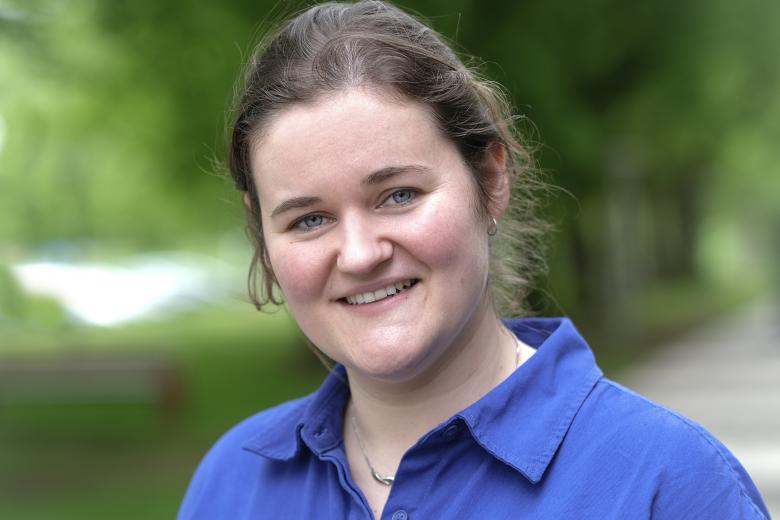
How psychological stress leads to intestinal inflammation
Dr Zlatan Mujagic, gastroenterologist at Maastricht UMC+ and NUTRIM researcher. In 2023, he received the prestigious Clinical Fellowship research grant from ZonMw, which is a huge boost for his research on IBD.
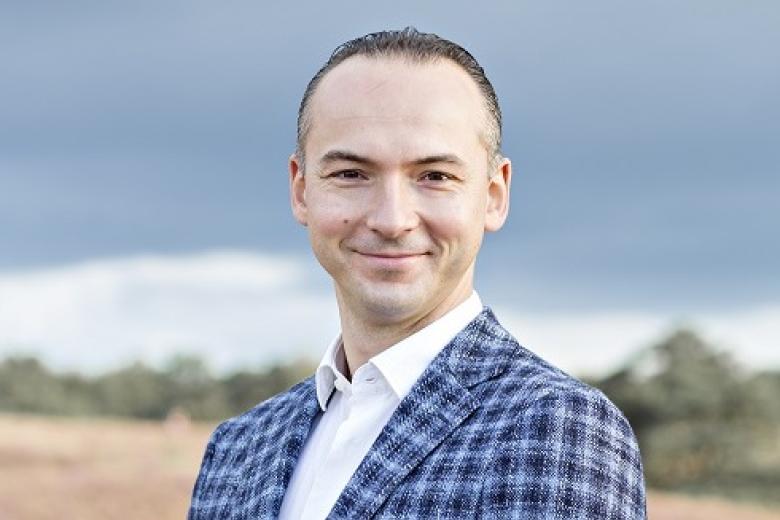
Seeing things you cannot see
Berta Cillero Pastor is an Associate Professor and group leader at the MERLN Institute for Technology-Inspired Regenerative Medicine. Her research is centred around mass spectrometry (imaging) to gain insights into molecules in cells and tissues for biomedical research.
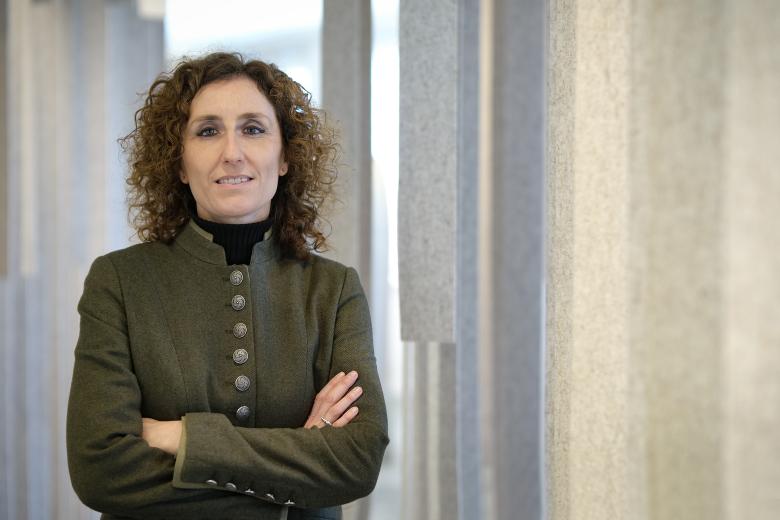
The microbiota is an important key in cancer treatment
On February 8, 2024, Ziemons received her PhD from Maastricht University for the dissertation “The role of the gut microbiota in human cancer, the power of an equilibrium".
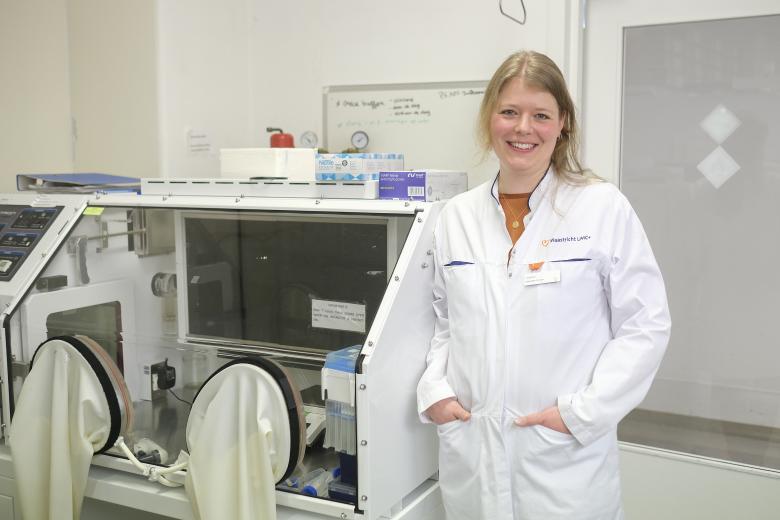
Inflammation and thrombosis, reunited at last!
Rory's research can be best described as the quest to understand the role of inflammatory processes in the development of thrombosis.
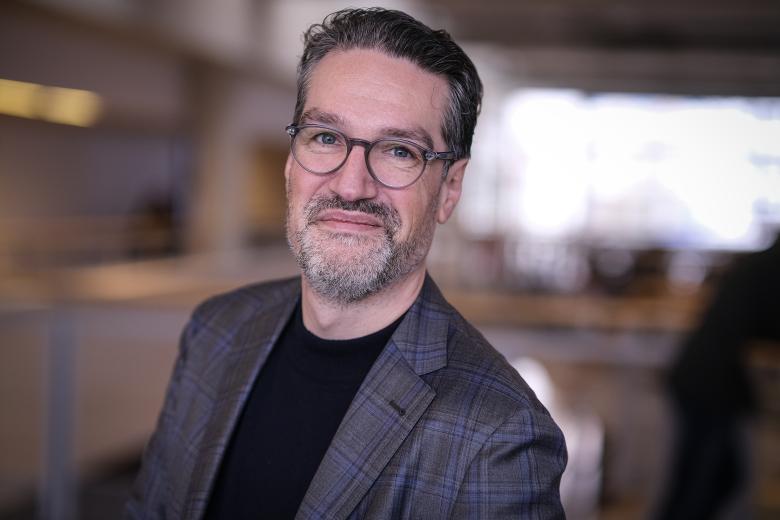
There’s not just one Alzheimer's disease
Pieter Jelle Visser was appointed professor at Maastricht University in 2022. He is engaged in research on Alzheimer's disease: the underlying causes and the possibilities for therapy.
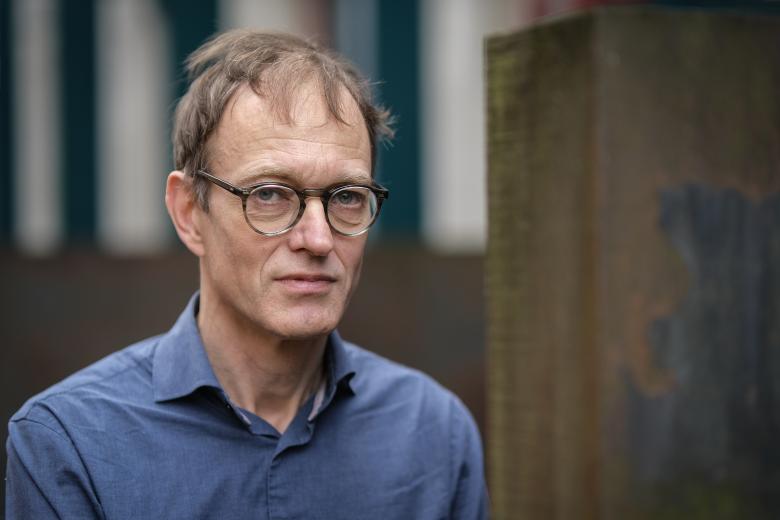
Heart saved, brain damaged? About brain damage after cardiac arrest
When someone experiences cardiac arrest, the heart temporarily stops pumping, leading to a lack of oxygen in the brain. Pauline van Gils explains how she is researching what happens to the brain when something goes wrong with the heart.
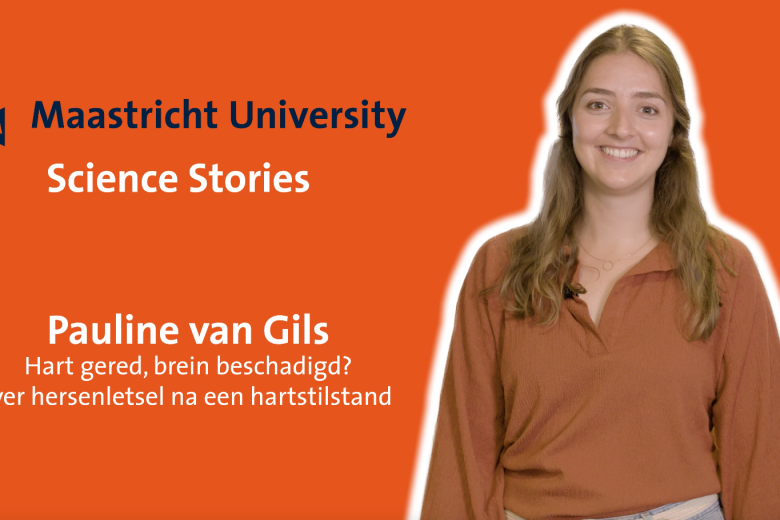
Health Inequality
At the CAPHRI research institute in Maastricht, a 5-member team led by Professor Hans Bosma is working on a large-scale study on socioeconomic inequality and Type 2 Diabetes Mellitus (T2DM).
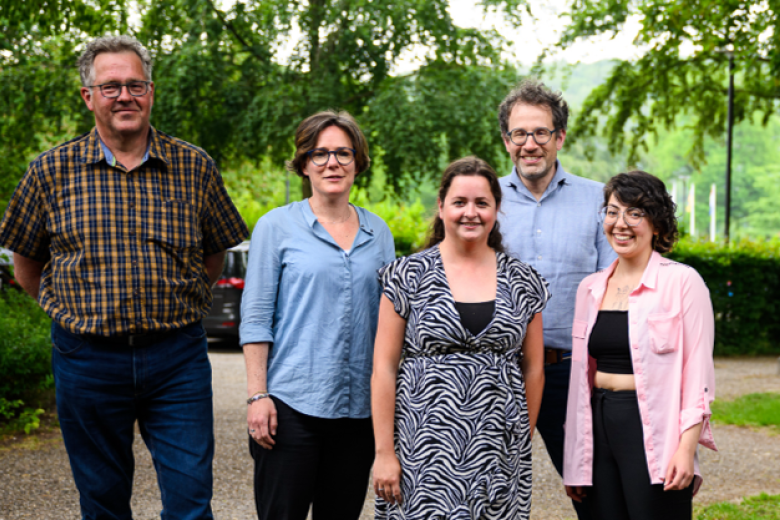
The golden moment
Prof. Marjolein Smidt holds a chair at Maastricht University in oncological surgery, with a focus on mammary surgery (breast surgery). The title of her oration is “Just as good with less”.
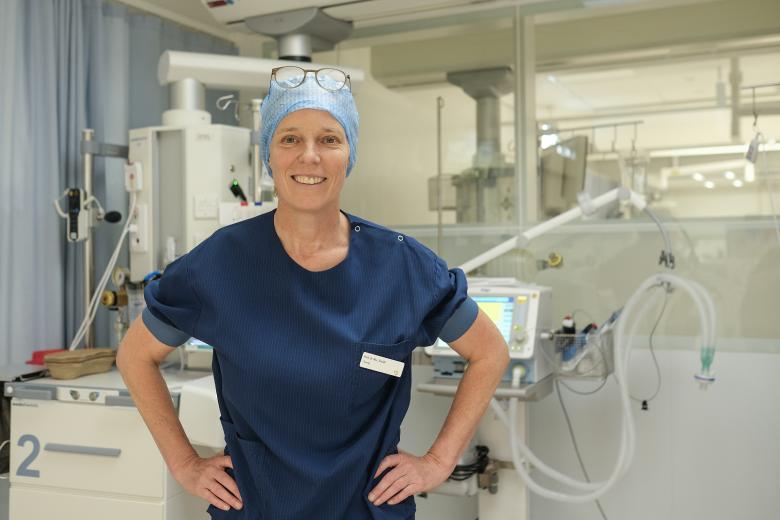
When to take a break
Were you absolutely cruising through your exams? Were you well prepared with plenty time to spare? Then Anique de Bruin’s work won’t change your life. But for everyone else, the Professor of Self-regulation in Higher Education has useful insights and tools.
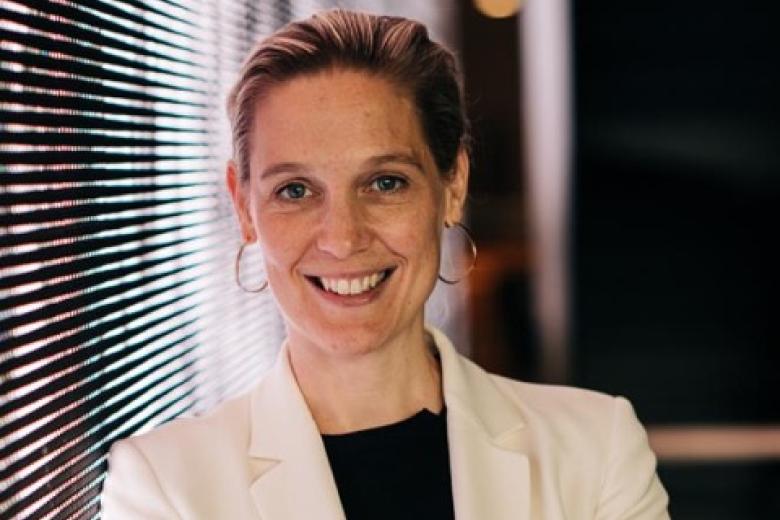
Safe research unravels heart diseases
With the Maastricht CardioMyoPathy Register, researchers are exploring new possibilities for the detection and treatment of heart diseases. Using an innovative database, they ensure the safety of participants' data.
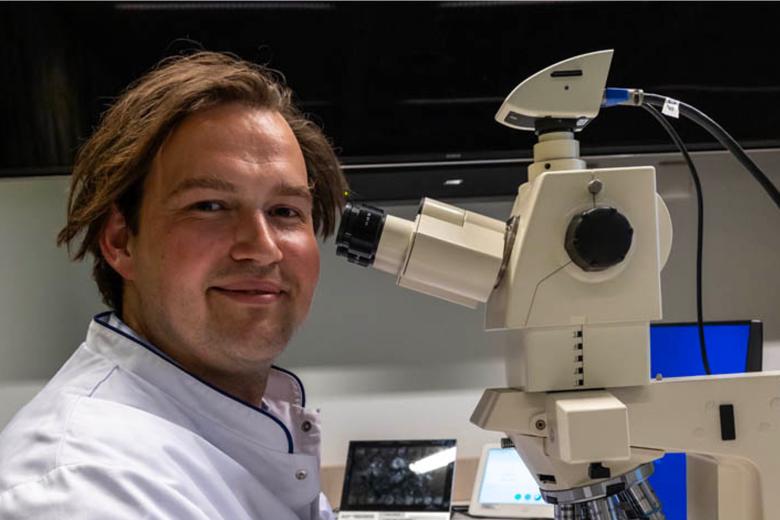
A fan of the snack bar
Klasien Horstman, professor of Philosophy of Public Health, is frustrated by lifestyle recommendations tending to ignore the everyday reality of “high-risk groups,” which often consist of people with a low income.
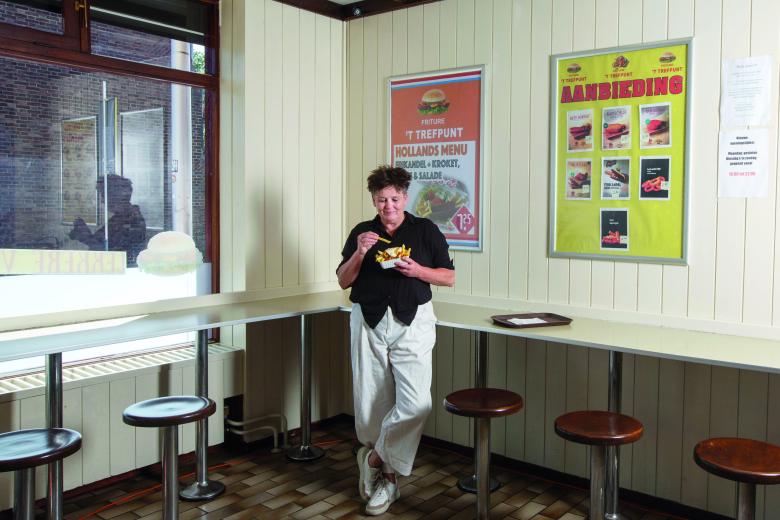
Fresh air
Vascular biologist Judith Sluimer was appointed professor of cardiovascular pathophysiology in October 2020. In her inaugural lecture, she alluded both to the importance of oxygen in the functioning of the heart and blood vessels as well as to the ‘fresh air’ she believes academia is always in need of.
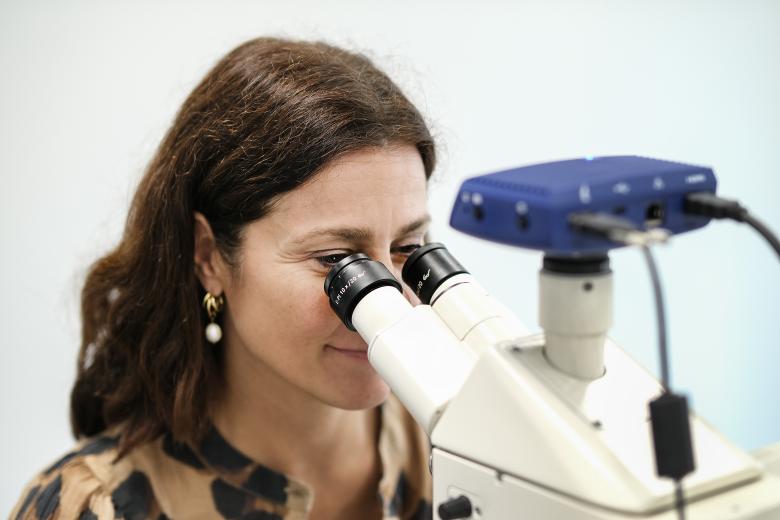
Diversity is not the exception, but the norm
The white heterosexual middle-aged man is implicitly the norm in medical education materials. But not for much longer, if Albertine Zanting has her way
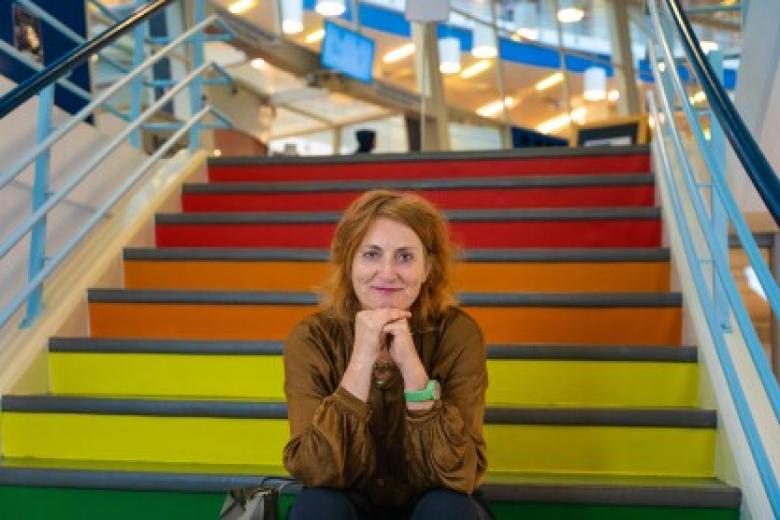
How to prevent muscle loss in the ICU
People who have been admitted to the Intensive Care Unit (ICU) for a while lose a significant amount of muscle mass and, consequently, muscle strength. Julia Bels studies how nutrition can help ICU patients in preserving and strengthening their muscles.
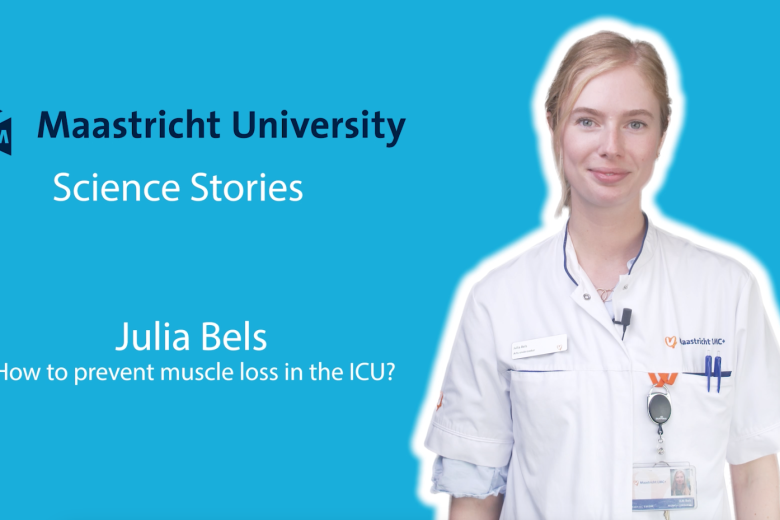
Making impact with a digital twin heart
At the CARIM research institute (school for cardiovascular diseases) in Maastricht, a group of researchers – led by Joost Lumens - is working with ‘het digitale tweelinghart’ (the digital twin heart): a computer model that simulates the human heart.
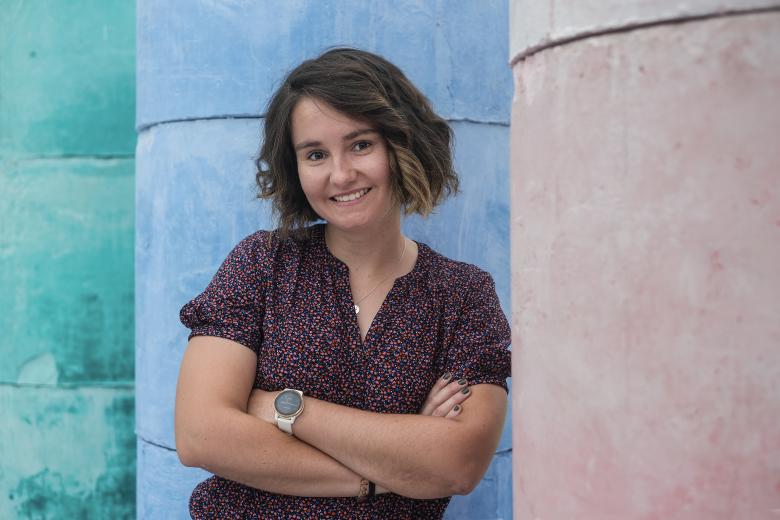
Growing mini-tumors in a dish, what can you do with them?
Metastatic cancer is difficult to treat, but research using mini-tumors brings personalized treatment closer. Prof.Dr. Peter Peters explains how to create mini-tumors and what you can do with them.
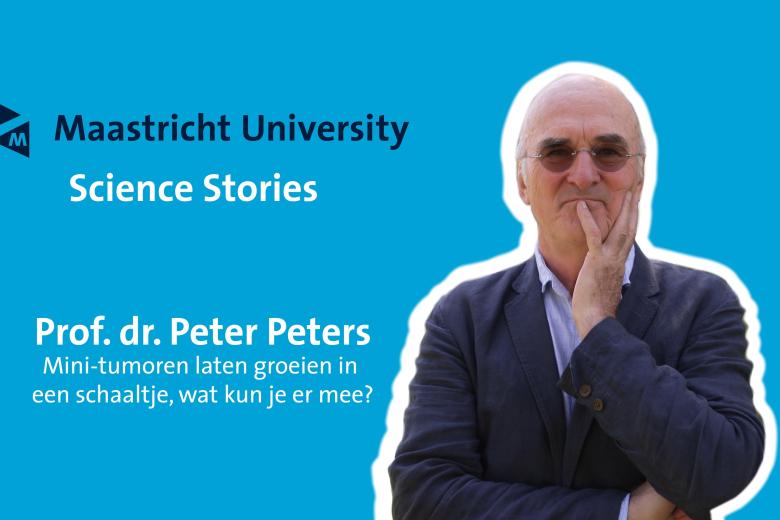
Connecting conversations
To accurately describe the experienced quality of care in nursing homes from the perspective of the resident, the Academic Workplace for Elderly Care (AWO-L) developed Connecting Conversations (Ruimte voor Zorg).
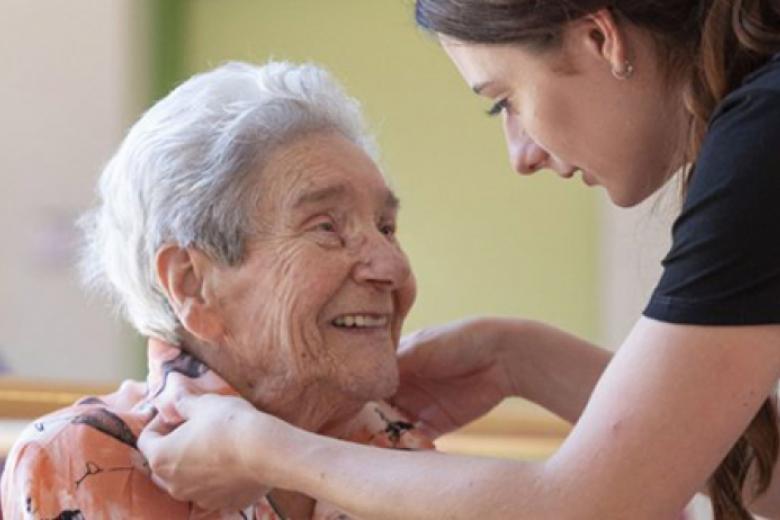
Vitamin G: A green environment for nursing home residents
Green care are farms offer a completely different environment than a traditional nursing home. Hilde Verbeek's team is investigating the positive elements of green care farms and how these can be translated into other forms of nursing home care.
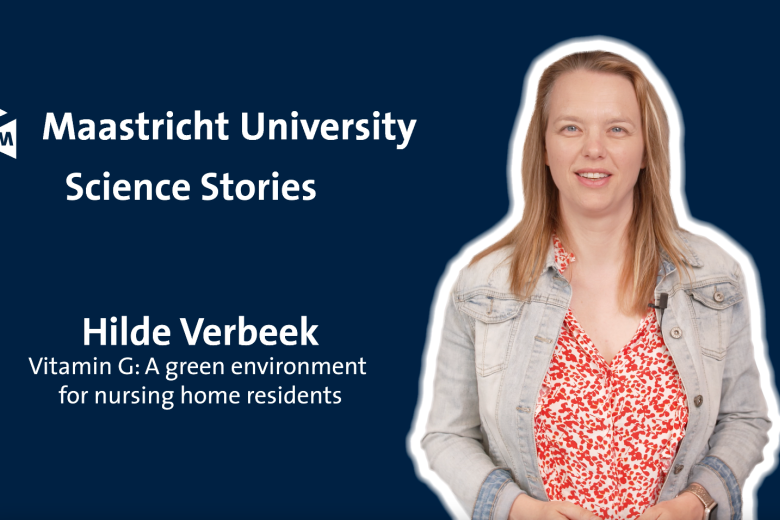
Just as good, but with less?
In oncology, treatments are more often added than reduced. In her research, Prof. Dr. Marjolein Smidt wants to make a distinction within such a package deal between the gains in survival and quality of life of the different components.
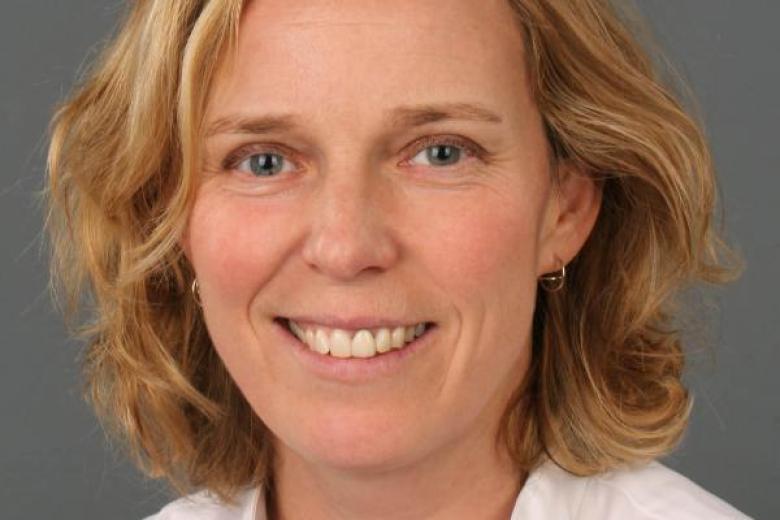
Brain-on-a-chip
Researchers have succeeded in measuring activity in surgically removed brain tissue for six days. This opens up possibilities for scientific research on brain biopsies on a chip, which could reduce the use of laboratory animals.
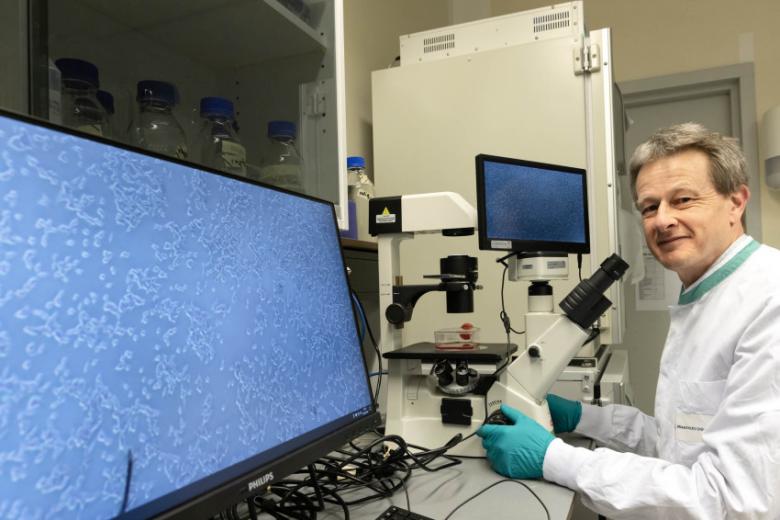
Sensation of simulation
Prof. Dr. Joost Lumens uses a virtual computer model to replicate the complex dynamics of the heart in real-time. With such simulations, he aims to gain a better understanding of the functioning and diseases of the heart.
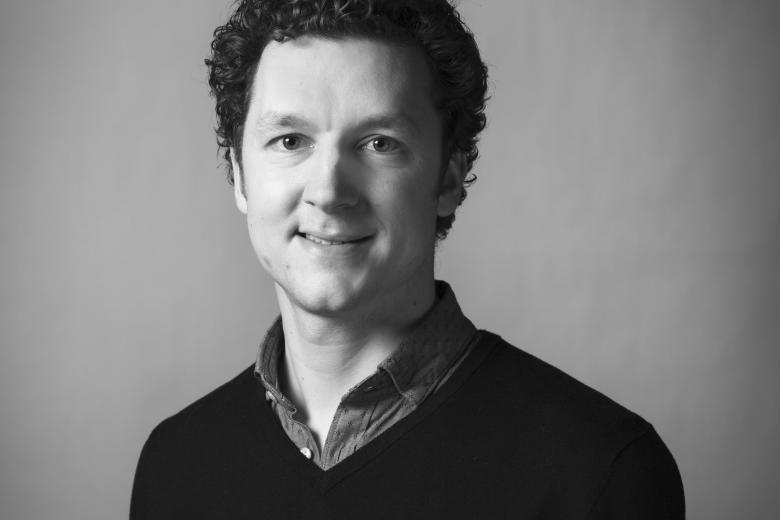
Healing bones with a cookbook
Claudia del Toro Runzer studies ways to restore the self-healing ability of bones that no longer heal themselves after a fracture. In this video, she explains how she uses the body's own mailcarrier to give bone its self-healing capacity back.
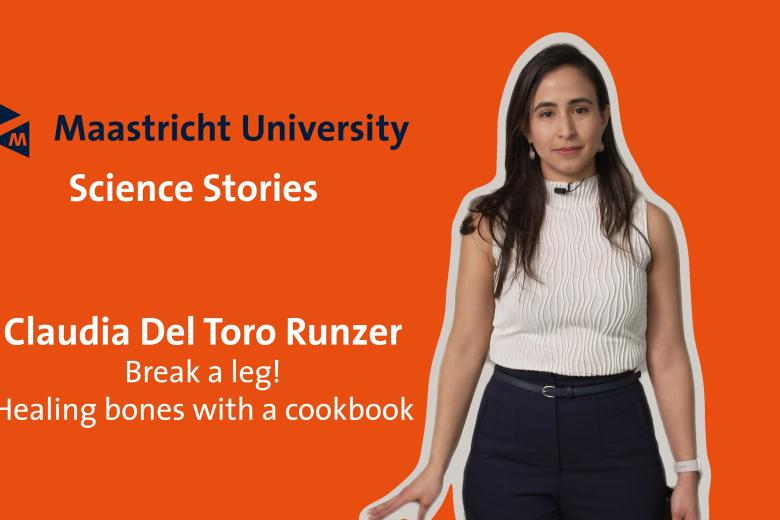
Two-sided cataract surgery saves costs
Performing cataract surgery in both eyes on the same day instead of with a two-week interval is equally safe but more cost-effective and patient-friendly. At a national level, annual cost savings of up to €27 million can be achieved.
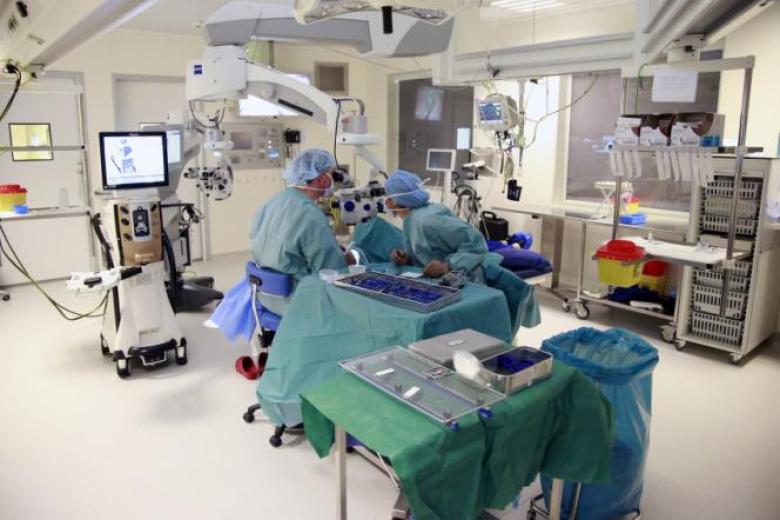
Saving more lives with less money
Roger Rennenberg doesn't go for spectacular new treatments that make headlines. However, ambition is not lacking because by focusing on improving the quality and safety of healthcare, he wants to save more lives with less money.
A breath of fresh air
Without healthy blood vessels, our body is unable to supply oxygen to all parts of the body. Therefore, Prof. Dr. Judith Sluimer investigates the development of atherosclerosis down to the level of individual cells to develop better treatments.
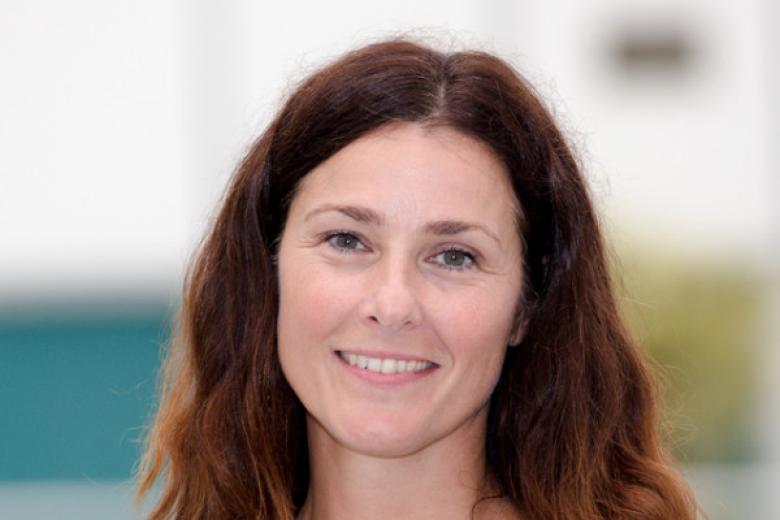
Complementary feeding, yes or no?
Young parents were long advised to exclusively breastfeed their baby for the first six months to reduce the risk of food allergies and eczema. However, the KOALA study shows that the reality is somewhat more nuanced than that.
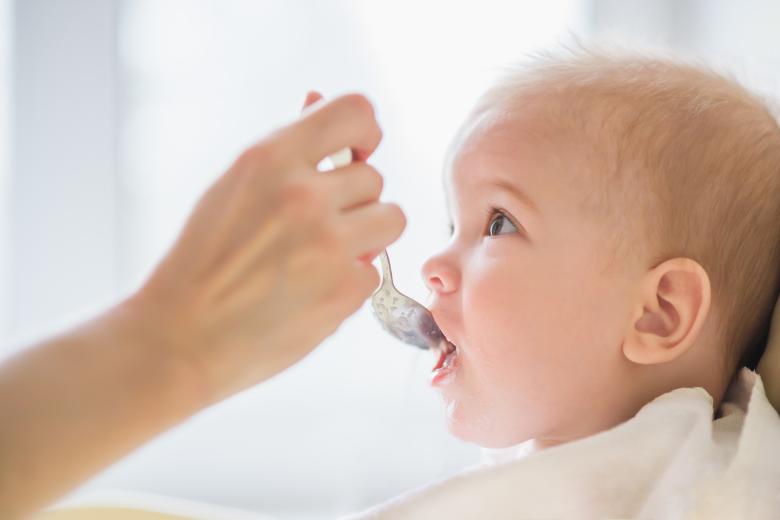
Mimicking human tissue
Hydrogels are a special kind of material naturally present in the human body, which facilitate cell growth into tissues. Researchers at Maastricht University are able to replicate hydrogels and use them to accurately mimic human tissue.
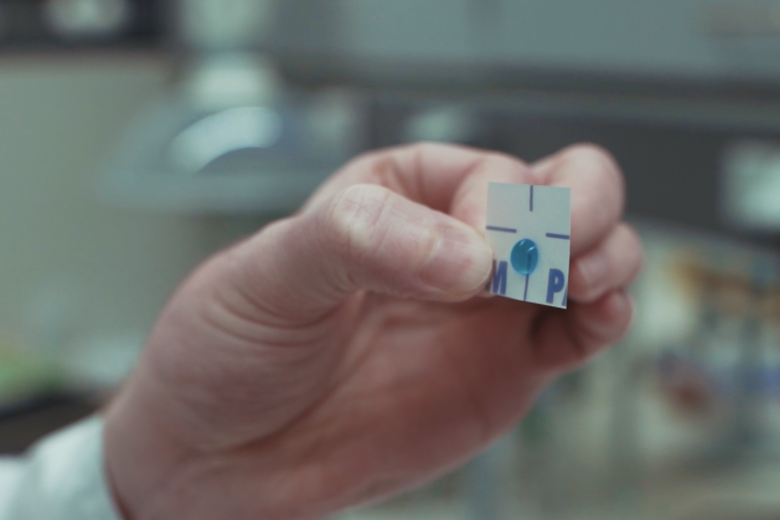
A healthy future for children with obesity
Prof. Dr. Anita Vreugdenhil wants to improve health care for children with obesity. She studies whether children with severe obesity, for whom lifestyle interventions do not work, can be helped with a gastric reduction surgery.
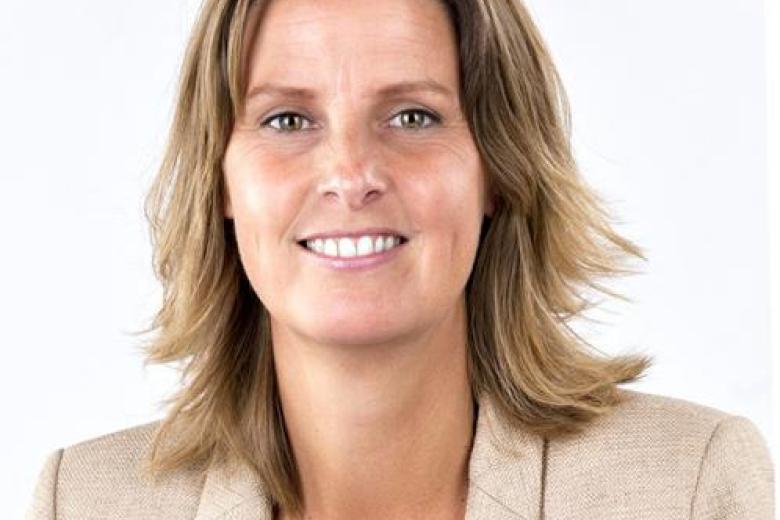
Could humans ever regenerate?
Bones do not always heal themselves after a large fracture. Prof. dr. Martijn van Griensven studies bone regeneration. He uses scaffolds and stem cells to let bone tissue grow and investigates how to stimulate bone growth.
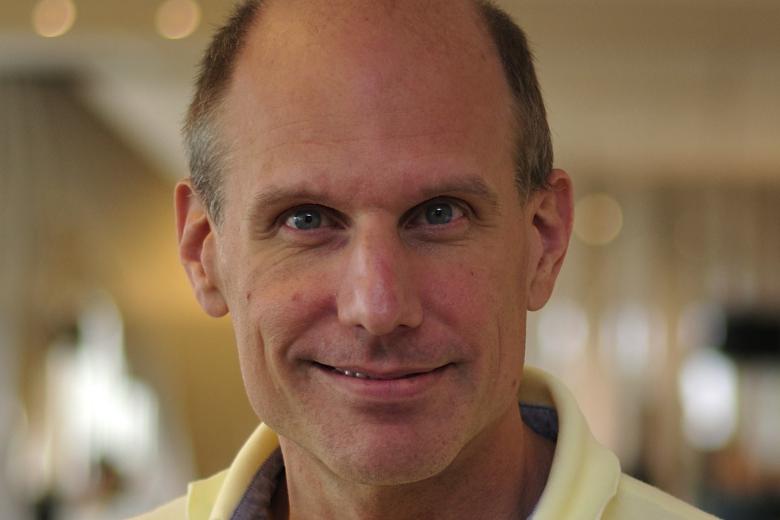
Making more bone about it
Dr. Sabine van Rijt is developing a new type of biomaterial for patients with bone cancer. The composite material, based on nanoparticles and polymers, kills cancer cells and instructs the body to regrow surgically removed bone.
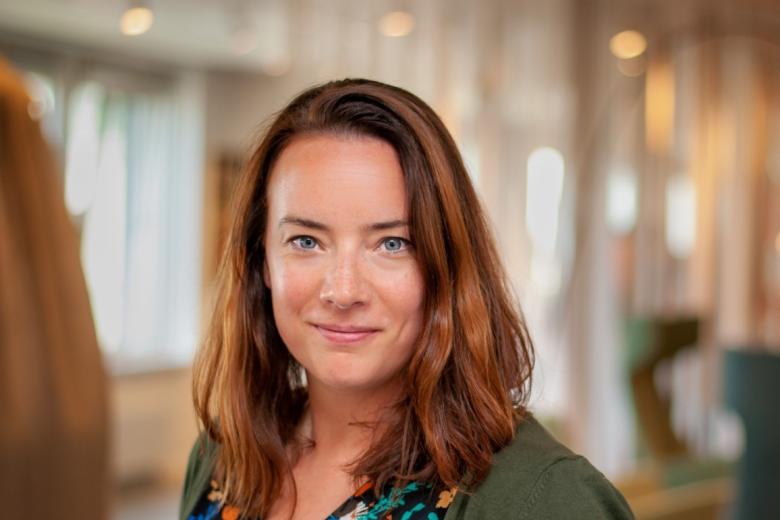
Treating skin cancer without surgery
Making an impact in people's lives and on society as a whole is what Prof. Dr. Klara Mosterd aims to achieve with her research on skin cancer and the clinical treatment of patients. And that can also be done without surgery.
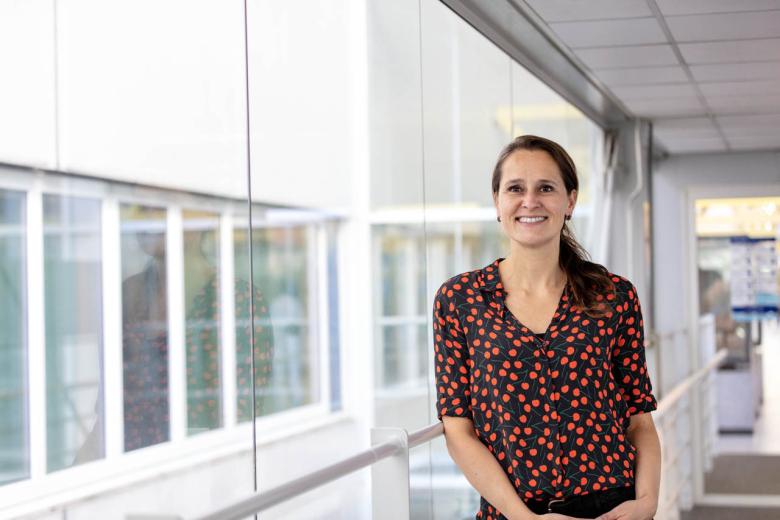
Improved primary care
The population is rapidly aging, there is a shortage of healthcare workers, and the workload of general practitioners continues to increase. Rowan Smeets investigated three ways to improve the situation in general practices.
Chronic abdominal pain
Many people with a chronic inflammatory bowel disease suffer from persistent abdominal pain. Due to limited knowledge about this form of chronic pain, gastroenterologist Dr. Zlatan Mujagic is trying to better understand it.
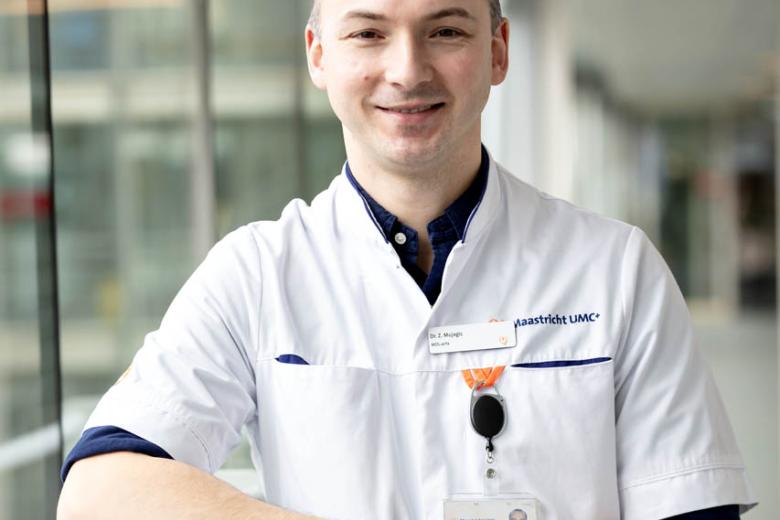
Shared decision making
When doctors and patients make treatment decisions together, it is beneficial for patients and the healthcare system as a whole. Researchers are investigating how to improve the process of shared decision-making for low-literacy patients.

Hybrid ablation: a team operation
The treatment called 'hybrid ablation' leads to better results in persistent atrial fibrillation compared to the standard treatment, catheter ablation. Approximately twice as many patients are symptom-free after one year.
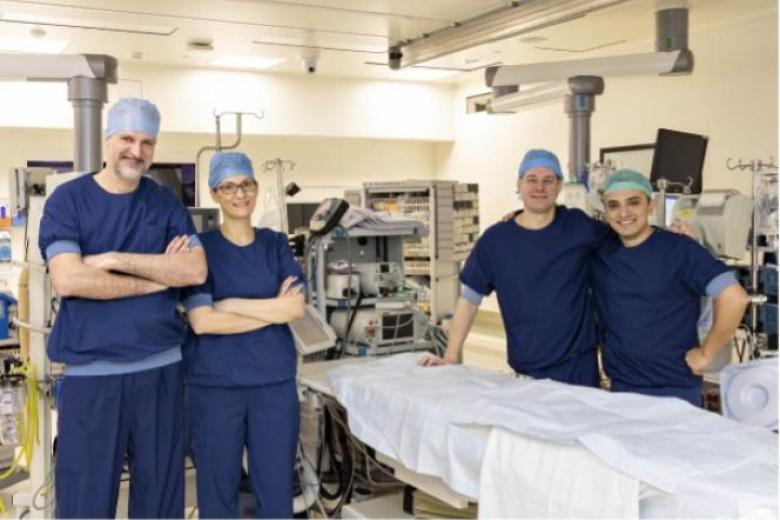
Genetics in early development
To help people in having healthy children, Dr. Masoud Zamani Esteki is studying the genetic development of embryos. In this video, he explains how he investigates embryonic development before and during pregnancy.
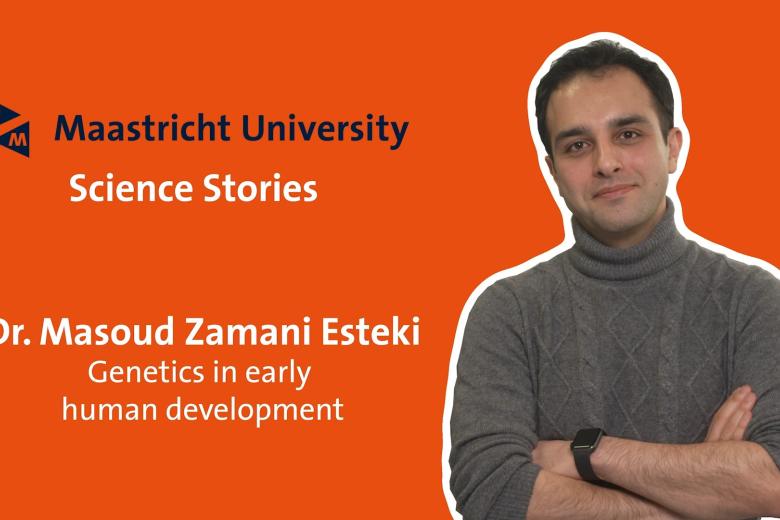
Learning and leading differently
Public health leaders have been divorced from science. Prof. Dr. Katazyna Czabanowska focuses on developing public health leaders driven by values of social justice, inclusion and equity address the challenges affecting health and well-being.
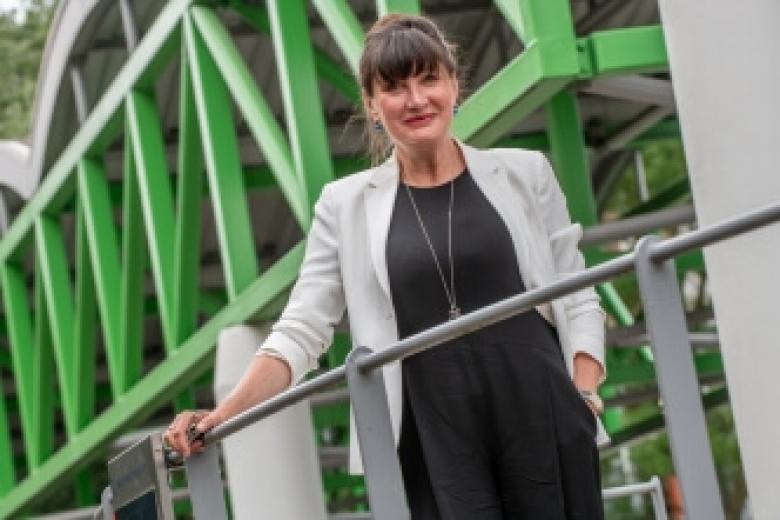
Captain Space-Heart
Lorenzo Moroni is developing technology to create biological substitutes for heart chambers in space using magnetic and acoustic levitation. This research on 3D tissue will be conducted in space, at the International Space Station (ISS).
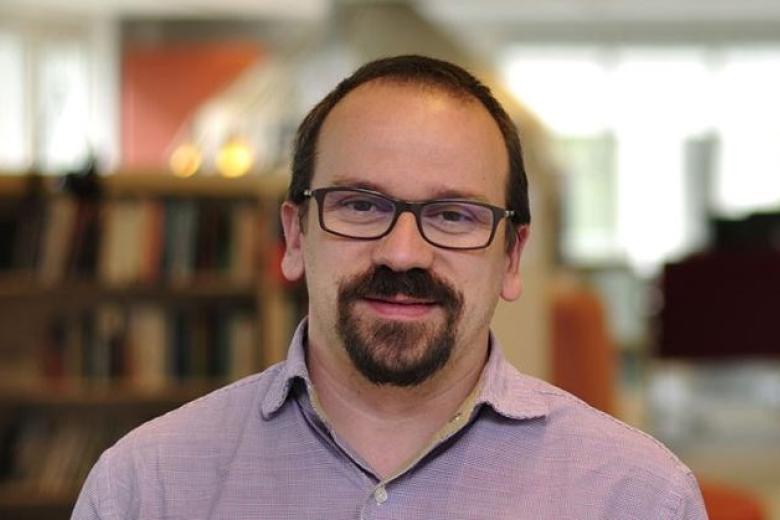
Dealing with chronic pain
The impact of chronic pain is somewhat overlooked. Pain is often seen as a symptom rather than a disease. Researchers and healthcare professionals are collaborating in the Pain Rehabilitation Limburg network to help people in this regard.
